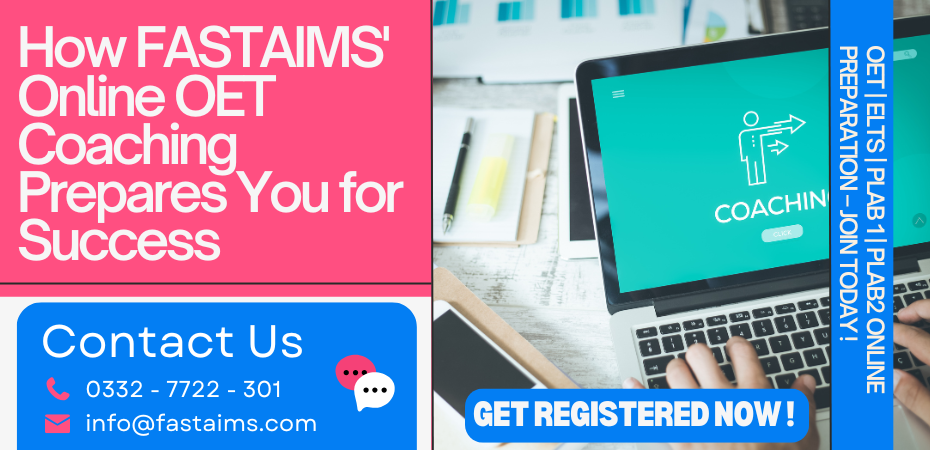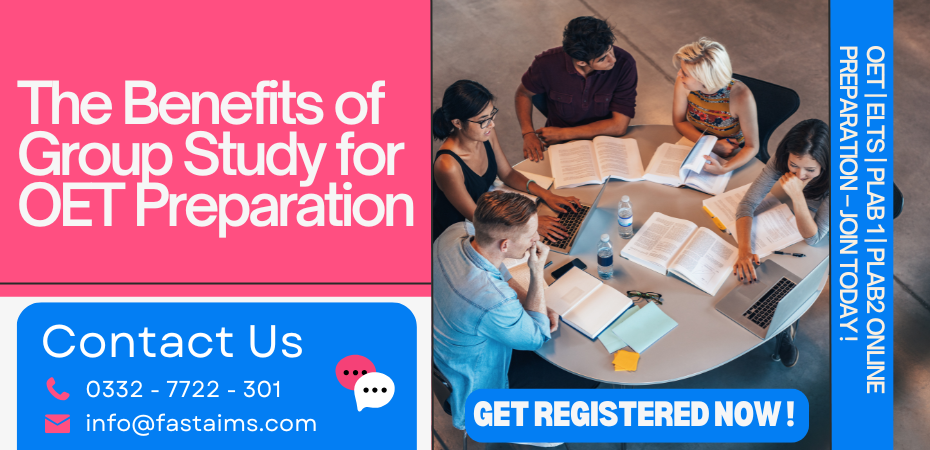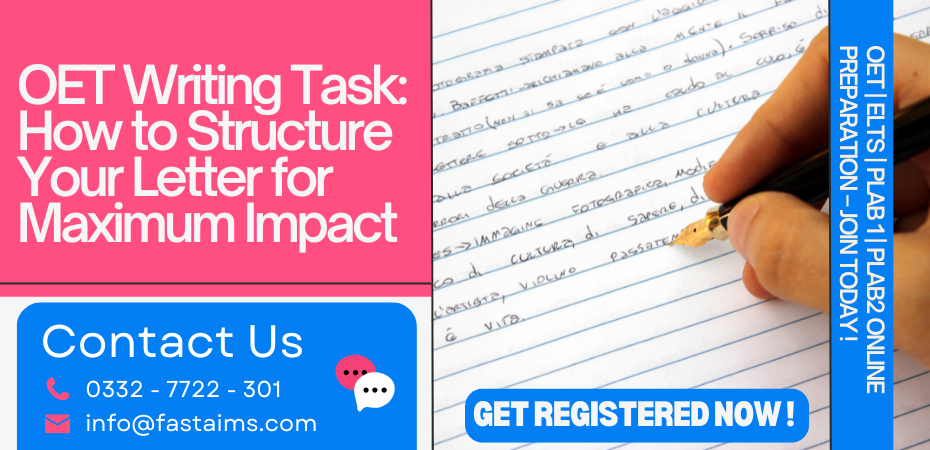OET Preparation for Non-Native English Speakers: Key Strategies
Introduction
The Occupational English Test (OET) is a vital stepping stone for healthcare professionals aiming to work or study in English-speaking environments. Unlike general English proficiency tests, the OET focuses specifically on the language skills needed in healthcare settings, making it essential for non-native English speakers. Preparing for this exam can be challenging, especially with medical jargon and communication nuances, but with the right strategies, success is within reach.
Understanding the OET Exam Format
The OET exam consists of four sub-tests: Listening, Reading, Writing, and Speaking. Each sub-test mirrors real-life healthcare situations to assess practical communication skills. The Listening section features recordings such as patient consultations and medical discussions, requiring candidates to extract key information. The Reading section tests comprehension of healthcare texts, including medical reports and articles. In the Writing test, candidates compose referral letters or discharge summaries that demonstrate clarity and professionalism. Finally, the Speaking sub-test involves role-playing scenarios with an examiner to simulate patient or colleague interactions.
Managing your time across these sections is crucial, as each part has strict limits. Familiarity with the format reduces anxiety and helps you focus your preparation effectively.
Key Language Skills to Focus on for OET Success
Success in OET hinges on mastering four core language skills within healthcare contexts:
Listening: Hone your ability to understand diverse accents, capture detailed information, and infer meanings beyond spoken words. Practicing with a variety of healthcare audio materials is key.
Reading: Develop efficient skimming and scanning techniques to quickly identify answers in complex medical texts. Strengthen your ability to interpret and critically analyze information.
Writing: Learn to write concise and well-structured referral letters or summaries, ensuring your tone is polite and professional. Precision and clarity are paramount.
Speaking: Practice fluency, pronunciation, and the correct use of medical terminology. Role-playing healthcare scenarios improves confidence and communication skills.
Improving these interconnected skills will boost your overall OET performance dramatically.
Common Challenges for Non-Native English Healthcare Professionals
Non-native speakers often face unique hurdles when preparing for OET:
Medical Jargon: Specialized vocabulary can be difficult to master without targeted study.
Cultural Nuances: Understanding patient communication styles and professional etiquette in English-speaking countries takes time.
Exam Pressure: Test anxiety and unfamiliarity with the exam environment can affect performance.
Recognizing these challenges early enables you to adopt strategies that address them effectively.
Effective Study Strategies for Non-Native Speakers
A personalized and strategic study plan is vital for success:
Assess Your Level: Identify strengths and weaknesses to focus your efforts efficiently.
Use Authentic Materials: Practice with official OET papers and supplementary resources like healthcare podcasts and articles.
Immerse Yourself: Engage with English daily through reading, listening, and speaking to build natural fluency.
Build Vocabulary: Use flashcards, apps, or journals to learn medical terms and practice using them in context.
Balance Study Sessions: Regular short study periods are more effective than occasional long sessions for retention and confidence.
Consistency and targeted practice make preparation manageable and effective.
Practice Makes Perfect: Simulating Real OET Conditions
Practicing under exam-like conditions is essential:
Timed Mock Tests: Help manage pacing and reduce anxiety by simulating real exam timing.
Error Analysis: Review mistakes to understand their cause and focus on those areas.
Speaking Practice: Engage with peers or tutors in role-plays to improve pronunciation and interaction skills.
This continuous feedback loop transforms weaknesses into strengths.
Additional Tips to Boost Confidence and Performance
Manage Anxiety: Techniques such as deep breathing and positive visualization help maintain focus.
Seek Feedback: Regularly get input on your performance to fine-tune study methods.
Stay Motivated: Set achievable goals and track your progress to maintain momentum.
A positive mindset and adaptive approach can greatly influence your success.
Conclusion
Preparing for the OET as a non-native English speaker can be challenging, but with the right knowledge, skills, and strategies, you can confidently tackle the exam. Understand the format, focus on key language skills, adopt effective study methods, and practice under realistic conditions. Consistency and perseverance are your allies in this journey toward professional achievement in the healthcare field.




